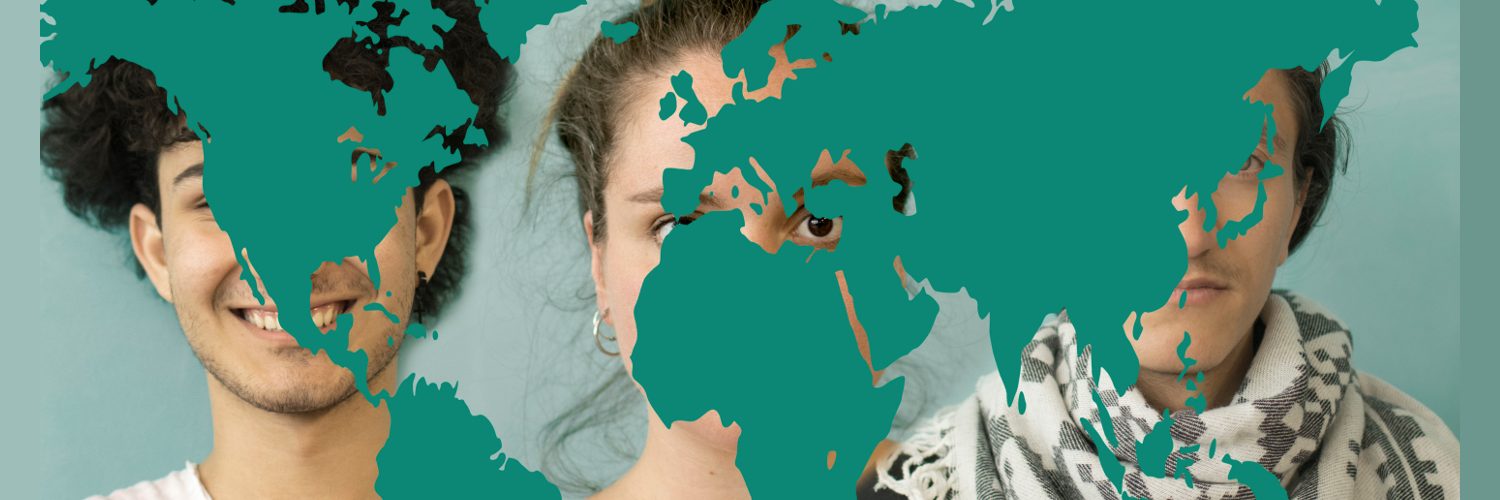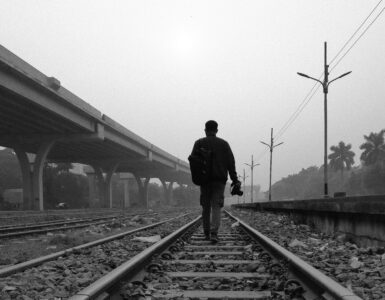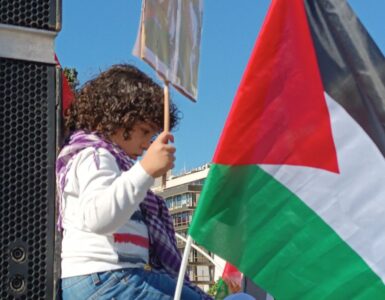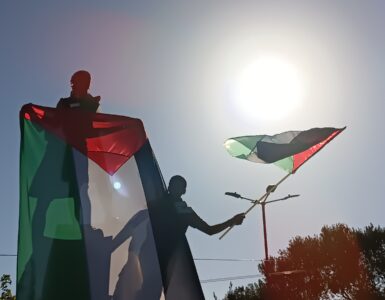Walking around the city as part of everyday life, we have all seen these different, foreign-looking people who might make us feel afraid or give us a sense of danger. But is it because of who they really are? Or is it because they’re unknown to us and we have stereotypes in our mind?
The phrase “invisible borders” stands for the barriers that keep foreigners, tourists, migrants and refugees separate from the local community in the country they find themselves in. Language, political beliefs, religion and culture are some of these borders. But they are not visible.
The different stories and experiences of the people we interviewed explain the challenges they might face when they arrive at a new place:
T, a female tourist in Athens belonging to a another religion, who acts and dresses differently and shows signs of her own culture, has been made to feel peculiar, even though not all the feelings have been unpleasant.
Ch., a foreigner living temporarily in Greece, has found it difficult communicating with others, felt confused by the complicated healthcare system when she needed medicine, and has not always been aware of her rights or the law in Greece. Looking for accomodation was not easy because she did not know the different neighbourhoods of Athens. She also told us that she has sometimes felt alone and insecure as a woman in a foreign country.
M., a refugee living in Athens, is usually judged and viewed as a foreigner because of his appearance, different language and clothing, all connected to his religion. He told us that locals point at him as he walks around the city. He also feels that he does not have the same opportunities as the locals do to improve his financial situation.
The lack of sufficient information about these people, propaganda spread through social media and political games strengthen these borders. Invisible borders can cause even bigger problems, such as judgemental behaviour, negative thoughts or racism that can even lead to crime.
If we go on like this, we will remain unknown to each other. The best way to break these borders down is through education about other cultures and languages, mutual respect, participation in programmes that promote integration and improvement of our communication skills. In doing so, we will be able to share our thoughts and beliefs, present our individual culture to others and finally create more diversity in the society.
People who arrive from other countries are not strange. Locals could be closer to those people. It is up to all of us to break these borders down, so that we can see the real faces of other people and see things for what they really are. We can discover other cultures, religions, languages and experiences and share moments together as fellow human beings.









Add comment